
Panelists discuss how individualized strategies combining steroids, nonsteroidal agents, and caregiver education promote sustained disease control in children.

Panelists discuss how individualized strategies combining steroids, nonsteroidal agents, and caregiver education promote sustained disease control in children.
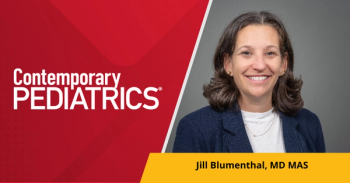
“There was no effect of lenacapavir on either estrogen containing or testosterone-containing regimens, no decrement in estradiol or testosterone levels," said Jill Blumenthal, MD, MAS.
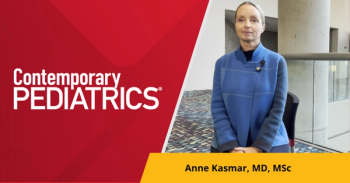
Anne Kasmar, MD, MSc, highlighted how AMR innovation relies on immune-based science, novel modalities, and strong regulatory collaboration at IDWeek 2025.

Panelists discuss how nonsteroidal PDE-4 and JAK inhibitors offer effective, targeted relief while addressing caregiver concerns about safety and chronic use.

Panelists discuss how calcineurin inhibitors can be safely and effectively used in children with proper education and clinical oversight.
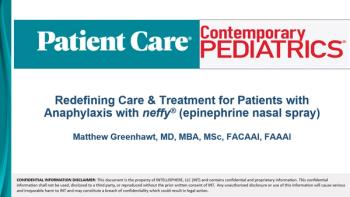





Panelists discuss how corticosteroids remain essential for controlling flares but must be used thoughtfully with education and reassurance for families.

Panelists discuss how individualized, consistent topical care helps build trust, promotes adherence, and prevents disease flare-ups in children with AD.
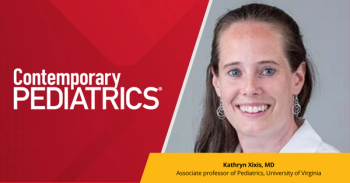
At CNS 2025, Kathryn Xixis, MD, highlighted the growing adoption of EPAs and outcomes-based learning in pediatric neurology.
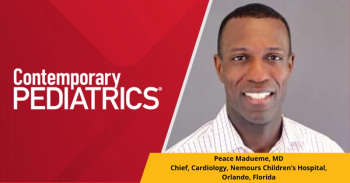
In our second interview with Peace Madueme, MD, he explains the types of conditions that frequently appear on ECGs, which are aiding routine sports physicals in youth athletes in Florida.

Panelists discuss how treatment goals should center on the child’s comfort, sleep quality, and emotional well-being, not just visible skin improvement.

Panelists discuss how atopic dermatitis affects not only the child’s comfort and confidence but also family well-being and emotional health.
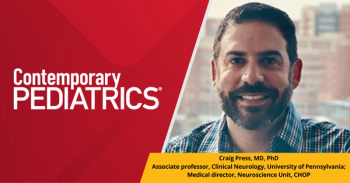
At the 2025 CNS Annual Meeting, Craig Press, MD, PhD, discussed challenges in achieving equitable access to diagnostics and expertise in pediatric neurocritical care.

Craig Press, MD, PhD, discussed the evolution of pediatric neurocritical care toward individualized care at the 2025 Child Neurology Society meeting.
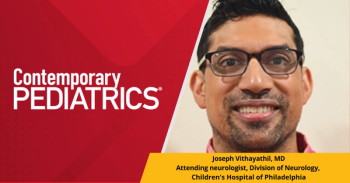
Joseph Vithayathil, MD, discusses being awarded the Elterman Research Grant at the 2025 CNS Annual Meeting in Charlotte, North Carolina.

Peace Madueme, MD, explains how Florida’s pre-sports cardiac evaluations—and upcoming ECG mandate—strengthen youth safety in athletics.
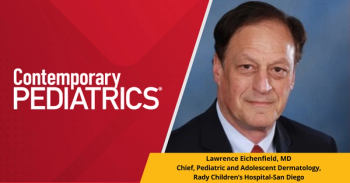
A pair of roflumilast clinical trial investigators react to the FDA approval of the 0.05% formulation to treat atopic dermatitis in children aged 2 to 5 years.
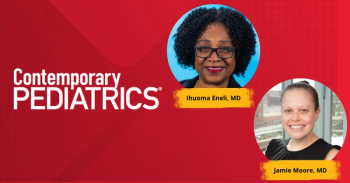
Experts at AAP 2025 highlight criteria, medication options, access barriers, and family engagement in pediatric obesity management.
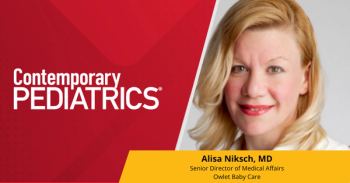
Remote monitoring in pediatrics shows promise for improving outcomes, but device design, workflow integration, and reimbursement remain key.
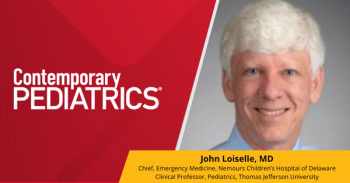
John Loiselle, MD, shares guidance at AAP 2025 on recognizing pediatric musculoskeletal injuries and when urgent orthopedic referral is needed.
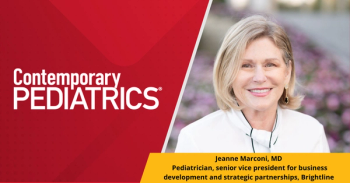
In this video, Jeanne Marconi, MD, highlights some of the challenges providers face when implementing mental health screenings.
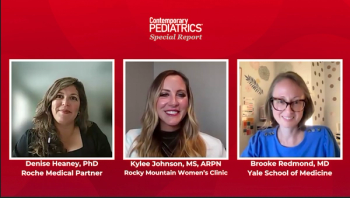
Explore how family-centered care and early intervention in STI prevention can transform pediatric health outcomes for future generations.

Panelists emphasize the importance of consistent screening for children and adolescents, highlighting new diagnostic tools and the need for education.

Panelists emphasize the importance of early STI screening in pediatrics, encouraging open discussions and parental involvement for better health outcomes.

Experts emphasize the critical role of access and early detection in maternal-fetal health, highlighting the need for improved STI testing and collaboration.

Explore how diagnostic stewardship enhances infection detection and treatment, especially for adolescents seeking convenient testing options.